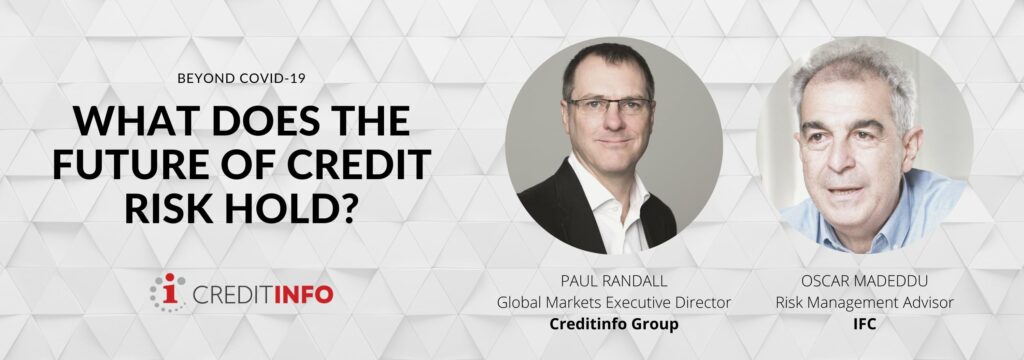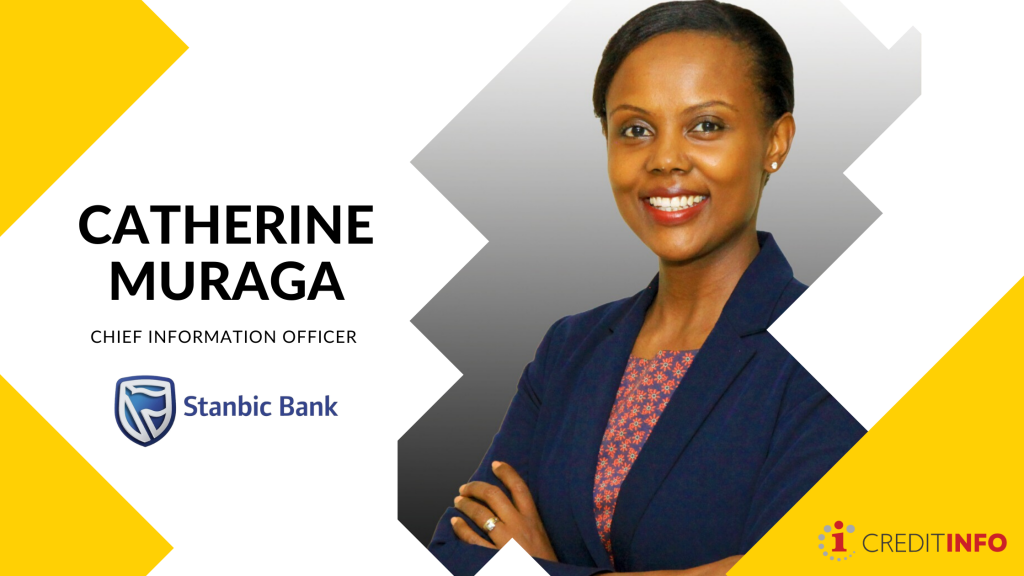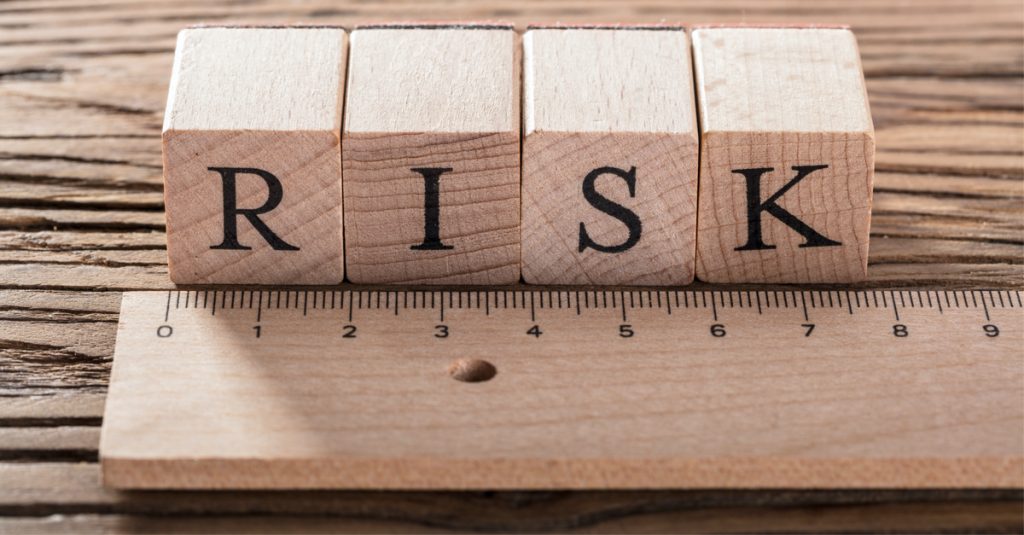July 2020
Experts give their take on the future of the credit industry post COVID-19

While Skype and Zoom become the new office, we had the great pleasure to interview two titans of the credit industry; Paul Randall – Global Markets Director at Creditinfo Group, and Oscar Madeddu, Senior Advisor at IFC, World Bank. With a new reality unfolding through disruption of to our daily life, we felt the necessity to ask the veterans of our industry what the future could look like in a post-COVID society. We asked our interviewees to share ideas on how the crisis will impact economies, credit, credit reporting and what authorities around the world are and should be doing to safeguard borrowers, lenders without endangering the integrity of credit reporting databases.
The way leading to the ‘haven’ of Startups is grounded by Data Analysis

Lithuania‘s transformation to the startup-friendly country has been successful: last year the first “unicorn” appeared in the market, and the startup ecosystem at present includes over 900 enterprises which have the great potential for business development based on innovations. And yet, the general conception of the startups’ contribution to the country’s economy has remained stereotypical, as it is alleged that these are risky enterprises which rapidly emerge and dissolve, and that they create few workplaces. The latest analyses done by “Creditinfo” and “Startup Lithuania” reject these stereotypes.
Interview with Catherine Muraga, CIO – Stanbic Bank Kenya

We interviewed Catherine Muraga the Chief Information Officer (CIO) at Stanbic Bank Kenya – one of the largest banks in Africa. Catherine is well versed with the Information Technology (IT) landscape having worked in different industry sectors including Manufacturing, Airline and Banking industry. She provides strategic vision and operational IT leadership for the Information Technology Department and controlling all IT functions. We asked her a few questions around COVID-19 and how Stanbic Bank is working around this pandemic.
Creditinfo’s “CIP Score” Between evolution and improvement: a powerful tool for risk management in a more digital financial environment

The core business of commercial banks and other lenders, at the most basic level, is to sell money. To loan an amount with a negotiated re-payment schedule with interest, is a process that allows the economy to finance itself. But for this cycle to be sustainable in the long term, it must be carried out with both vigilance and responsibility. The “credit risk” of a client, their probability of reimbursement, and differentiating between “good” and “bad” clients are basic yet essential elements to loan in a profitable and durable manner.
Kredītinformācijas Birojs – KIB (Credit Information Bureau) unveils new scorecard for consumers

After intense work that lasted the past several months, Kredītinformācijas Birojs finally introduced a new statistical model that forecasts the borrower’s credit risk, last month. The new credit rating predicts the probability that a borrower will default on their credit obligations for more than 60 days in the next 12 months, with the amount of obligation being at least EUR 150.




